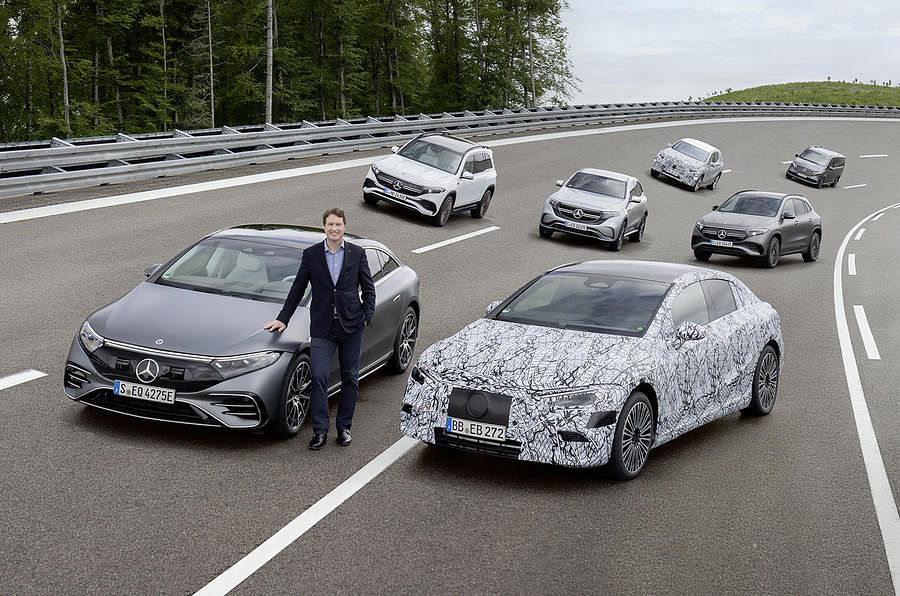

Title: Mercedes-Benz Intends to Sustain Combustion Engine Offerings Past 2030
In the swiftly changing automotive sector, where the transition to electrification is gaining traction, Mercedes-Benz has revealed its plan to keep offering combustion engine vehicles beyond 2030. This choice underscores the brand’s dedication to delivering various options to its worldwide customer base while managing the shift to sustainable mobility.
**Balancing Heritage and Innovation**
Mercedes-Benz, a name associated with luxury and engineering prowess, has been at the vanguard of automotive innovation for over a hundred years. While the organization is heavily investing in electric vehicle (EV) technology, it acknowledges the significance of harmonizing heritage with innovation. By retaining combustion engine options, Mercedes-Benz seeks to serve markets and consumers where EV infrastructure is still emerging and where internal combustion engines (ICE) are a feasible solution.
**Strategic Path to Sustainability**
The choice to persist with combustion engines does not indicate a regression from sustainability objectives. On the contrary, Mercedes-Benz is embracing a strategic method that entails enhancing the efficiency of ICE vehicles and integrating hybrid technologies. The company is devoted to decreasing emissions and boosting fuel efficiency, in line with global environmental criteria.
**Investment in Electric Mobility**
In spite of its intention to keep combustion engines, Mercedes-Benz is not reducing its investments in electric mobility. The firm has laid out an ambitious plan to become fully electric by the end of the decade, as market conditions permit. This encompasses broadening its EQ lineup, advancing new battery technologies, and investing in charging infrastructure.
**Global Market Factors**
Mercedes-Benz’s choice is shaped by the varied requirements of global markets. In areas where EV adoption is slower due to infrastructure issues or economic conditions, combustion engines will still hold a significant position. The brand aspires to provide a versatile portfolio that satisfies different customer needs while facilitating the shift to greener alternatives.
**Technological Progress in Combustion Engines**
To guarantee that its combustion engines remain pertinent and efficient, Mercedes-Benz is concentrating on technological advancements. This involves developing cleaner fuels, sophisticated engine designs, and hybrid systems that merge the advantages of electric and combustion powertrains. These advancements aim to reduce the environmental footprint of ICE vehicles.
**Conclusion**
Mercedes-Benz’s resolution to sustain combustion engine offerings past 2030 exemplifies a pragmatic stance towards the shifting automotive landscape. By reconciling its rich legacy with a forward-thinking vision, the company is equipping itself to fulfill the diverse demands of its global clientele while contributing to a sustainable future. As the brand continues to innovate in both electric and combustion technologies, it reinforces its commitment to leading the industry in luxury, performance, and environmental stewardship.






